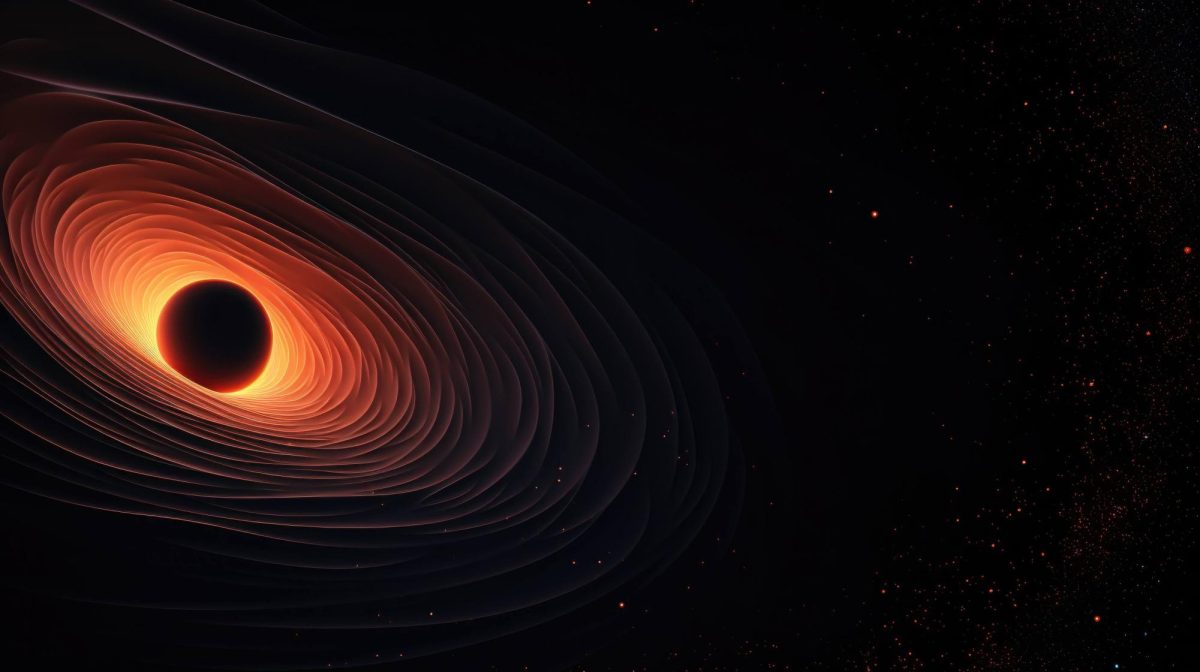It’s become a recent trend to ask people how often they think about the Roman Empire. There’s certainly something interesting there; the phenomenon of thinking about something vast and improbable frequently, but never really comprehending it. Thinking about it, there are some mind-blowing concepts that come with life on this floating rock that we consciously ignore on a day-to-day basis. Part of the reason that people don’t think about some of these things is because they don’t want to, but it’s important to try and stretch your idea of existence now and again, Here are the thoughts of some teachers in various fields around WFS, when asked if they have any boggling facts that readers will have a hard time wrapping their heads around.
When asked about physics and the nature of the universe, Mr. Rosko – a Physics and Math teacher at WFS – said, “Just before the big bang it is surmised that there was no mass. It also appears that we live in an accelerating expanding universe that will eventually be devoid of all matter and consist purely of photons.” That’s a lot to unpack. But it gets stranger: “In both of these matterless states, time will be meaningless since the measurable frequency of any kind depends on matter.” It takes time for light from distant objects to reach us. If it was possible to look far enough back into space with a telescope, you could see the beginning of light in the universe. The “cosmic microwave background” is the name for radiation hitting the Earth as a result of the Big Bang, only reaching the planet now. Today earth is just now feeling the shockwaves that came from the beginning of the universe. Space is strange enough that distance and time are very, very similar. “In essence, an infinite universe would not appear large since distance cannot be measured without time.” If one thinks they can’t comprehend the vastness of the universe, you’ve got another thing coming: it might be infinitely small. People are in the middle of a universe in which time, matter, and distance are so abstracted that they may not exist at all.
To keep talking about time, this will go through a new lens. Ms. Norton – a Biology teacher at WFS – discussed how short human history is compared to the rest of life on planet Earth. “Even if you go back to when Homo sapiens first arose a few hundred thousand years ago,” she said, “there were still over 3 billion years of life that came before.” She also mentioned epigenetics, and how environments affect how genes are expressed. The idea is that something your parents or grandparents experienced can impact your genes currently. “For example,” said Norton, “the amount of stress experienced by your parents could potentially influence your own physical health.” Many elements of biology are like this, acting as tiny time capsules. Lyrebirds in Australia can replicate chainsaw sounds and camera shutters, but even more bizarrely, they’ve been recorded replicating the sounds of aboriginal stick rituals long since forgotten. Though time is such an abstract concept in physics, it certainly leaves its mark on biology.
Midterms are looming. Family tension over the holidays is high. At the same time, one is a union of energy in the pocket of an infinitely expanding universe. Hopefully, thinking about the strangeness of existence provides some context to the wackiness of life on Earth.

































